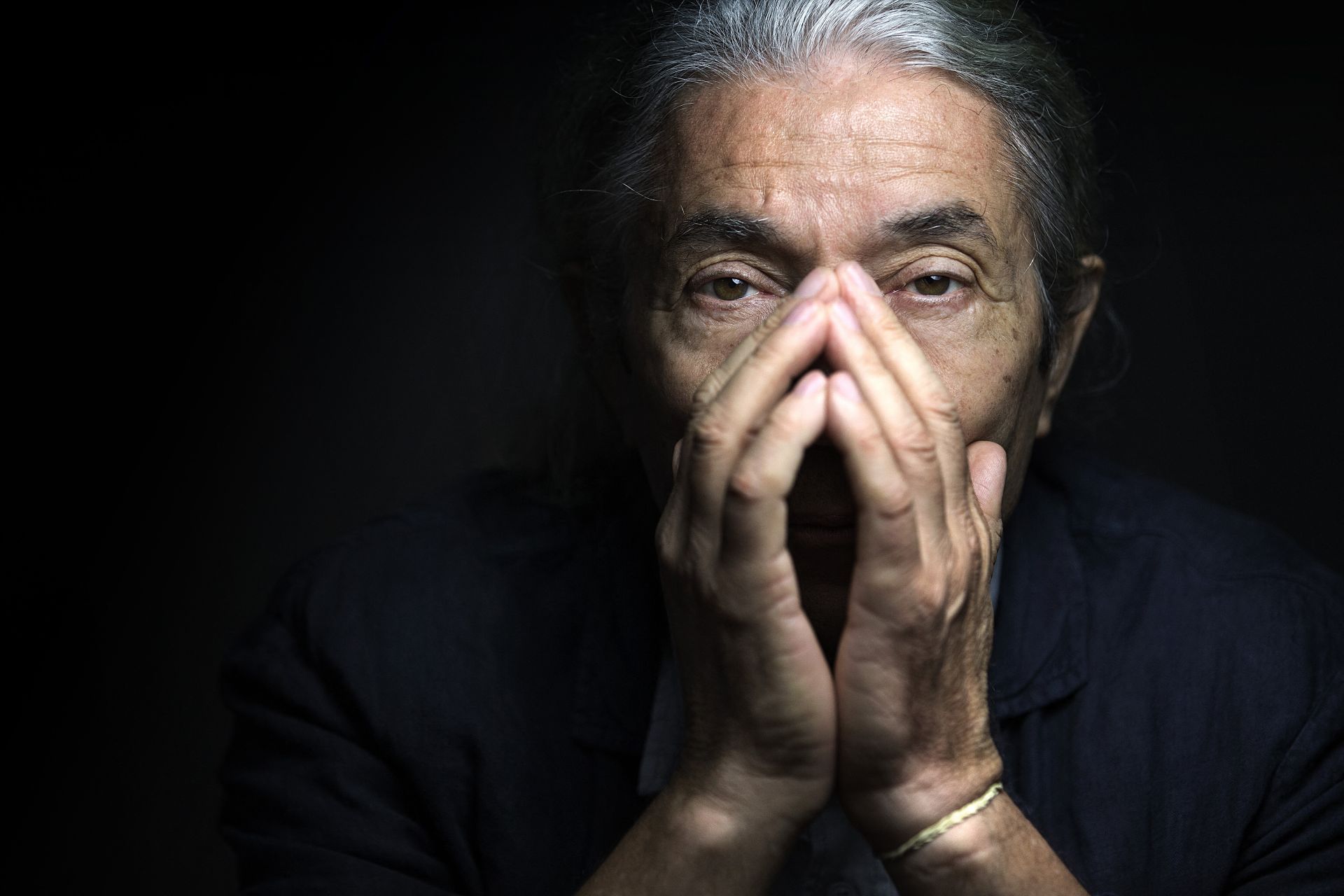- Home
- Middle East
- Boualem Sansal: Five Years in Prison and an Unfolding Diplomatic Crisis

©Joël SAGET/AFP
Algeria has sentenced French-Algerian writer Boualem Sansal to five years in prison. Behind the court’s decision lies a broader political crisis, shaped by international pressure, resistance to foreign interference, and a painful reckoning with the past.
As Paris looked for signs of de-escalation from Algiers, the Dar al-Beïda court delivered its ruling. On Thursday, March 27, 2025, French-Algerian writer Boualem Sansal was sentenced to five years in prison and fined 500,000 dinars (approximately €3,470). The sentence falls short of the ten-year term requested by the public prosecutor a week earlier.
The verdict – a first-instance ruling handed down amid heightened diplomatic tensions between France and Algeria – was delivered briefly, in Arabic. According to an AFP correspondent in the courtroom, Sansal, standing before the judge, asked for the sentence to be repeated. The judge then restated it aloud, this time in French.
No life sentence, then – despite that scenario being floated by some. Part of Algerian public opinion, particularly active on social media, had called for a harsh sentence. According to them, Sansal is not first and foremost a French-Algerian writer, but a former senior Algerian official. In their view, he is guilty of betrayal – accused of stirring unrest to Morocco’s advantage, colluding with foreign powers, and even expressing pro-Israeli views.
The Charges Against Sansal in Algeria
The charges primarily stem from statements made in the far-right French magazine Frontières, where Sansal allegedly suggested a historical connection between western Algeria and Morocco. These comments were deemed unacceptable by Algiers. In addition, he faces serious charges, including endangering state security, violating territorial integrity, destabilizing institutions (under Article 87 bis of the Algerian Penal Code), and collaborating with foreign entities.
According to the private Algerian newspaper Echorouk, the charges also include exchanges between Sansal and Xavier Driencourt, the former French ambassador to Algeria, who is viewed as a hostile figure in Algiers. The paper claims that the writer provided sensitive economic and social intelligence. Additionally, compromising messages allegedly targeted the BRICS – a geopolitical coalition of several non-Western powers – and the chief of staff of the Algerian army, Saïd Chengriha.
The Political Dimensions of the Case
Since his arrest in Algiers in November 2024, Sansal has refused legal counsel, even going as far as to dismiss his lawyer, Me François Zimeray. The lawyer was unable to attend the hearing because his visa was denied. “From the outset, this process has lacked transparency,” Zimeray said. He noted that he has kept open lines of communication with both French officials and Algerian attorneys. In a message shared Thursday on X, he wrote, “Given his age (75) and deteriorating health, each additional day of detention becomes more inhumane. I call on the Algerian president: justice has failed, let humanity prevail.”
Private Algerian media outlets present at the trial on March 20 reported that Sansal appeared in good health and that the hearing proceeded calmly. This seems to be a response to rumors circulated by some French media, claiming that the writer had been intimidated in prison, particularly due to his lawyer, who is of Jewish descent.
A Crisis Between Two Countries
Algerian President Abdelmadjid Tebboune has tried to send a reconciliatory message, recently stating that his sole point of contact in this crisis is Emmanuel Macron. This seems like an attempt to sideline French ministers Gerald Darmanin and Bruno Retailleau, who have been highly critical of Algeria over issues such as OQTF (orders to leave French territory), the 1968 agreements, and now Sansal. Last week, Darmanin even shifted his tone, making a direct appeal to the Algerian president to release the writer, to no avail.
France responded swiftly to the verdict, within an hour of its announcement. “We deplore the sentencing of our compatriot Boualem Sansal to a prison term,” said Christophe Lemoine, spokesperson for the French Ministry of Foreign Affairs, in a statement. “We reiterate our call for a quick, humanitarian and dignified resolution to this situation,” he added.
In France, several solidarity gatherings took place, notably in Strasbourg on March 14, where more than 150 people gathered. However, these displays of support may not have necessarily benefited Sansal’s cause. In Algiers, they are seen as attempts at interference, an infringement on the independence of the Algerian judiciary. The breaking point may have come at the end of January, when the European Parliament passed a resolution with a large majority (533 votes in favor, 24 against) calling for the release of the writer.
What Comes Next?
For now, all eyes are on the possibility of a presidential pardon, which could come around Eid al-Fitr or Algeria’s Independence Day on July 5. In the interim, the verdict is likely to exacerbate an already fraught crisis, despite ongoing efforts by Tebboune and Macron to prevent further escalation.
Read more



Comments